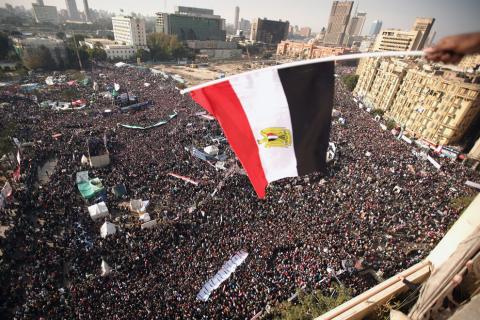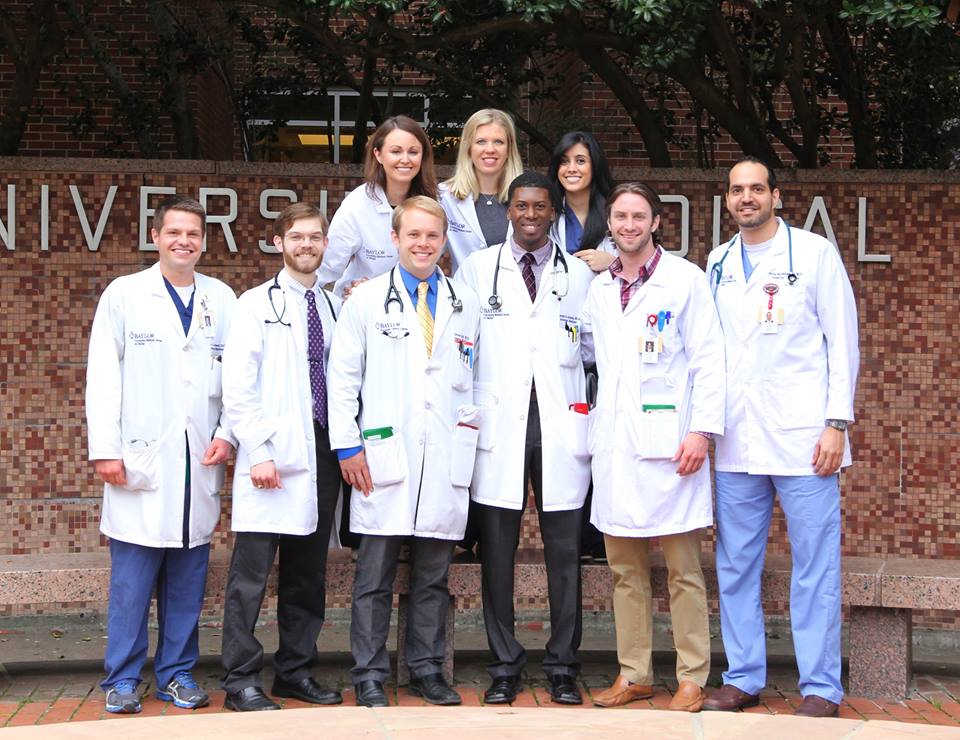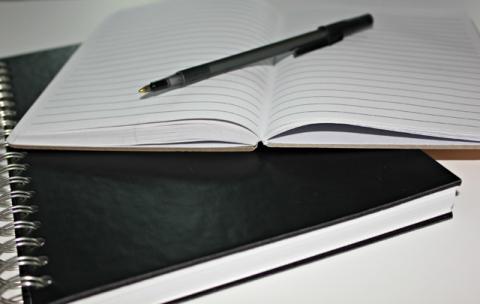Why I have chosen my major and why do I love it: Changing my country’s future, one homework at a time!
Mar 27,2016
I am currently studying clinical investigation courses at the University of Wisconsin. If you’ve met me five years ago in Tahrir Square in Cairo, you would have never guessed –nor did I- that I would be studying this major, now. Let me take you for a look back at some of the moments that brought me to where I am today.
I graduated Medical school in Egypt in 2009. Just a few months before I traveled to the US, I experienced a life-transforming event, having witnessed the protests at Egypt’s Tahrir Square. More than two million Egyptians gathered to protest against the dictator who has ruled Egypt for 30 years, and his corrupted regime. “Bread, Liberty, Social Justice and Human Dignity” roared the protesters. I, since and for several months, fueled by the enthusiasm of the revolution, tried to engage in politics. I grew up with the notion that my engagement in politics will never make a difference, not a positive one at least. Political parties were nominal, elections were rigged and activists were an easy prey for the secret police. Then, and for the first time in my life, I was free to express my opinions, to join a party and actually make a change. I started talking to people, learning the basics of the democratic practice and actually joined a party. The enthusiasm I experienced, was similar to that felt by millions of idealistic Egyptian youth who ignited the Arab Spring.
That did not last long; our revolution was hijacked first by the Egyptian army, backed by the old regime; then, by the Muslim Brotherhood, backed by the extremist groups, while the disorganized youth are wondering “where did we go wrong?” The question kept looming in my mind for months. In fact, events which happened following the revolution did not drift away from similar historic instances when a power vacuum was created suddenly. The vacuum was rapidly occupied by the already-organized forces. Moreover, Hungry Egyptians, with 26.1% adult illiteracy rate and 26.3% of the population below the poverty line, found the democratic principles too hard to digest. I am blessed to have been distracted by a clinical training opportunity here in the US while the vast majority of my frustrated generation stayed in Egypt witnessing our glorified revolution being hijacked by the opportunists.
I still vividly remember another moment, the look on the face of my former Internal Medicine Residency program director, Dr. Michael Emmet, when he learned how the church had arranged that I sleep on an air mattress at a congregant’s house during my observership at Baylor University Medical Center in Dallas, TX. The money I borrowed from my parents plus my savings were just enough to get me through the United States Medical License Examination (USMLE) and buy a ticket to the US – there were no additional funds available for housing. Walking through Dallas in August was not the only reason why I had a flushed face as I answered Dr. Emmet’s questions about my living circumstances. I knew it was all worth it when I saw Dr. Emmett’s proud expression, three years later, going over my performance as a resident during a conversation with a visiting professor.
Flashing back even further, I also remember the face of a cardiology fellow at Cairo University Hospital as he told my dad that my grandfather had just experienced a heart attack. I was 12 at that time. He explained that the hospital had no ICU beds and that my grandfather had to be taken “somewhere else.” My father tried to hold together, explaining that my family could not afford an ICU bed at a private hospital, and adequate care is unlikely in any other public hospital. My grandfather had to live with the burden of congestive heart failure due to inadequate medical care until he died six months later. This event was one of the main reasons I later decided to pursue a medical career, specifically in Cardiology. Years later, after I became a cardiology fellow at Cairo University Hospital myself, it became clear to me that providing excellent care extends far beyond being an outstanding clinician/human. The health care system, general economic and societal challenges in Egypt kept me from providing the best up-to-date medical care to my patients. I decided to move to the United States in order to develop the skills, knowledge and expertise necessary to excel in my field.
While doing my clinical training here in Madison, WI, I started to see the allure of being creative and contributing to the science by conducting research. Good physicians follow the guidelines, excellent physicians create them. My mentor here at the University of Wisconsin liked my enthusiasm; “You are late though” he said “You have not taken any classes in clinical investigation”. So, I decided to take classes while doing my clinical training. The Clinical Investigation courses at the University of Wisconsin are a great experience as I obtain the knowledge first hand by scientists who have conducted many clinical trials themselves and really know the trenches of the field. I finally came to that conclusion, my frustrated Facebook posts, about how unfairly our revolution was treated, do not have much of an impact. Many Egyptians of my frustrated generation have reached the same conclusion and are pursuing success and recognition in different parts of the developed world. We hope to -at least- set an example. For now, I -as many others- am pursuing education, believing this is shaping a better future for my country, one homework at a time.






